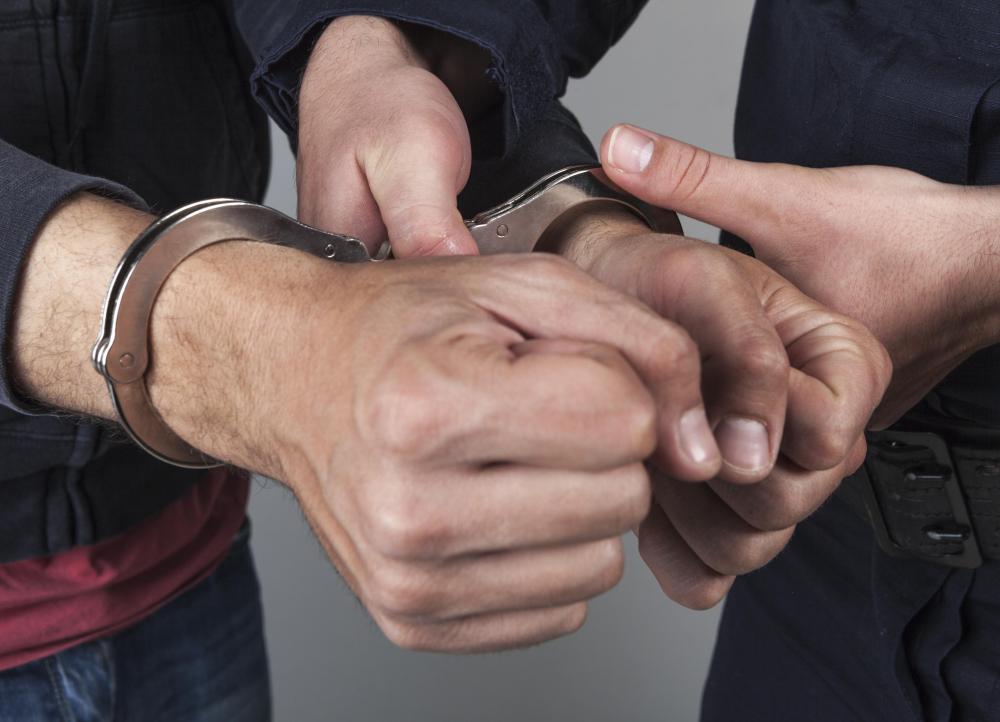At WiseGEEK, we're committed to delivering accurate, trustworthy information. Our expert-authored content is rigorously fact-checked and sourced from credible authorities. Discover how we uphold the highest standards in providing you with reliable knowledge.
How do I Become a Corrections Officer?
A corrections officer is someone who works in a prison, overseeing the prisoners. Also called detention officers, correction officers are responsible for enforcing rules, supervising activities, and keeping everything running smoothly. They often work long hours, and the job is potentially dangerous. A corrections officer needs to be able to restrain a prisoner, usually unarmed, sometimes for several minutes until more help arrives, so an officer must be in great physical shape to be able to meet the requirements of the job.
Most local and county prisons only require that an applicant has a high school degree and has passed a civil service exam before being hired on as a correction officer. Some states may also require physical, psychological, and drug testing. Applicants should be at least 18 with no prior felony convictions. Many states do a criminal background check before hiring new correction officers.

Once deciding to become a corrections officer, the first step is to begin working on the physical requirements. Most physical tests require you to drag a heavy weight, race through and obstacle course, and climb up or down stairs within a certain amount of time. There is also usually a running test. Being in great physical shape is an important requirement for starting work in a correctional facility, as it allows you to respond quickly and safely if there is ever a situation requiring it.

Many states require applicants to have a minimum number of college credit hours in order to apply, especially for positions in state or federal prisons. Federal prisons require candidates to have a bachelor's degree or at least three years of relative experience. Corrections officers can get a degree in criminal justice, social sciences, or criminology, which can allow them to get a better position. A corrections office should be always learning,

After receiving a degree or certificate in a relevant major, the next step to becoming a corrections officer is to take the civil service exam, which is required in most states. The exam for corrections officers lasts three hours, and tests memory, reasoning, observation, special and visual abilities, and concepts in officer and inmate relations. In most areas, applicants must score 70 out of 100 to pass.

The majority of prisons have websites where they post job openings for corrections officers. The application process might involve more testing and interviews to make sure that the applicant is a good match for the job. After being hired, most correctional facilities have a training program that new officers must go through. This training program will instruct officers in the procedures for any situation that they might experience on the job, preparing them for what they will be doing as part of their job.

The number of hired corrections officers in the United States should keep growing, making it a great field to get into. There are almost endless opportunities for advancement and transfers, and the pay is typically higher than many comparable career fields. It is not difficult to become a corrections officer, and there are recruitment programs and special incentives available all over the country to encourage interested people to apply.
AS FEATURED ON:
AS FEATURED ON:















Discuss this Article
Post your comments